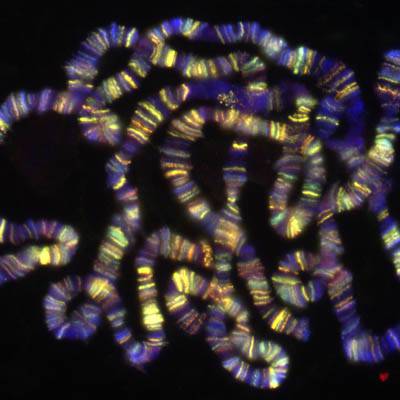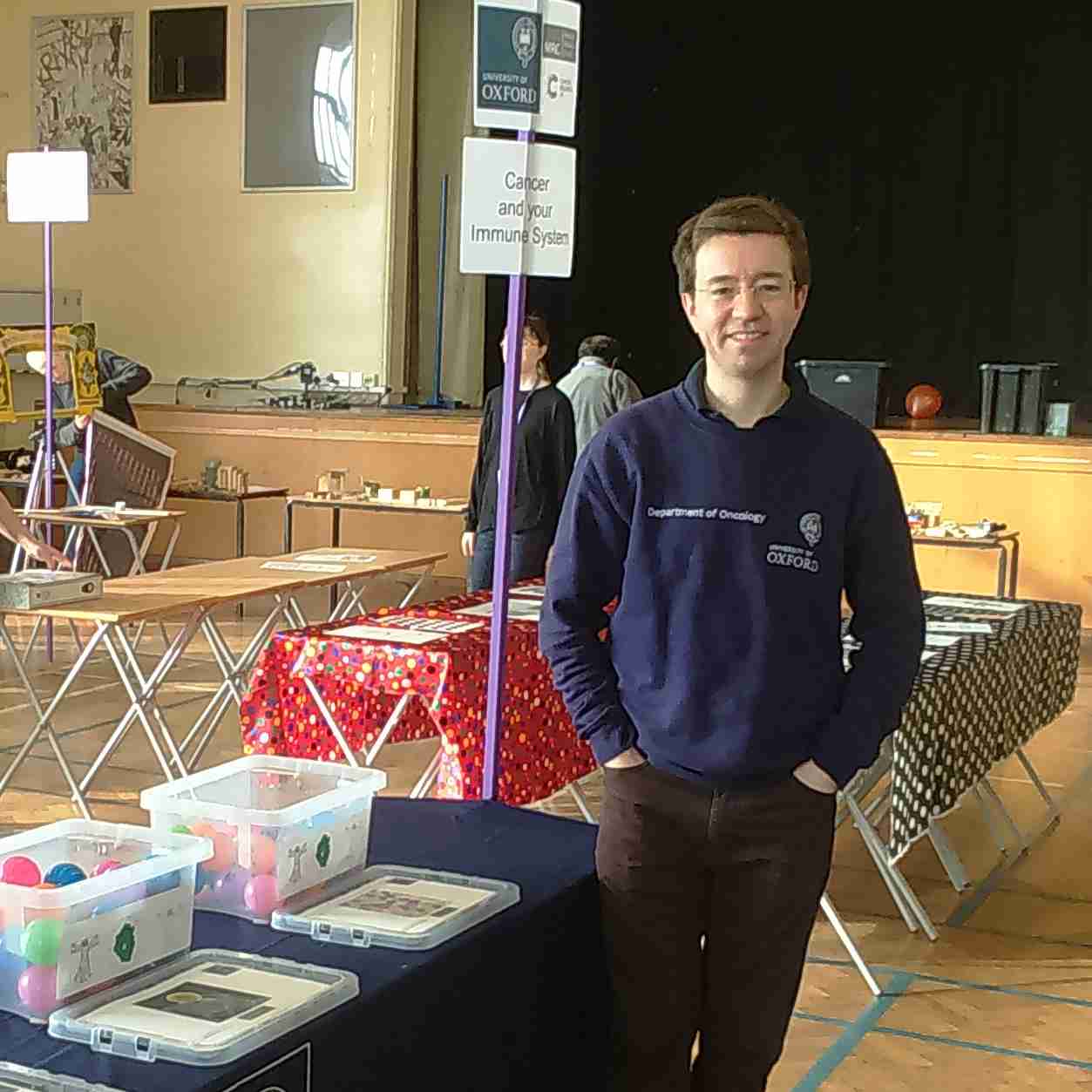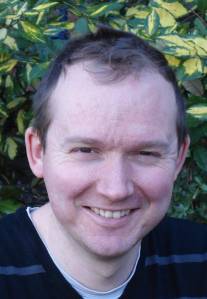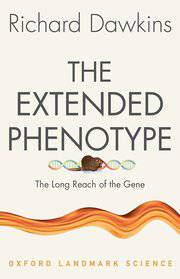New tutors recruited for Biological Sciences
 Today's headlines are full of science-related issues: the biodiversity crisis, personalised medicine, the potential to cure cancer (and other diseases), the evolution of antibiotic resistance in bacteria, climate change and biomimetic technology derived from models in nature, to name a few.
Today's headlines are full of science-related issues: the biodiversity crisis, personalised medicine, the potential to cure cancer (and other diseases), the evolution of antibiotic resistance in bacteria, climate change and biomimetic technology derived from models in nature, to name a few.
Topics like these present societal or political crossroads; but how many of us understand the science that underpins them?
To help fuel a greater understanding of the science behind current affairs, the Department has increased the number of tutors teaching weekly classes in the natural and biological sciences. Students now have access to expertise that will guide them toward an understanding of the salient issues facing our planet and our society.
The additional courses stand in addition to the Department’s existing Biological Sciences offerings in cell biology, botany, zoology and cancer biology, and more.
Dr Thomas Hesselberg, Director of Studies for Biological Sciences at the Department, said of the new recruits: “Over the past few years, we have recruited a good number of tutors covering all major disciplines within the wider biological sciences including tutors from within Oxford as well as tutors from other institutions. I am particularly pleased that we have been able to recruit postdoctoral researchers from the University of Reading to deliver our weekly classes in Reading”.
Thomas added “It is a genuine pleasure to work with such a group of very talented tutors. Whenever I visit classes and talk to students, there is almost without fail praise the enthusiasm and knowledge of their tutor”.
Get to know our new tutors in the biological sciences
Amr Abdelgany – Tutor in Biomedical Sciences
Amr is a lecturer at St. Catherine’s college and has a DPhil in Molecular Medicine from the University of Oxford (2006). He has taught weekly classes in Oxford and summer schools in personalised medicine and stem cells as well as organising day schools for the department since 2012. He is scheduled to teach The Human Genome Sequencing and Personalised Medicine from 2017, a course designed for those interested in learning more of the impact of human genome sequencing on public health.
Timothy Billington – Tutor in Cell Biology (Reading)_2.jpg)
Tim is a retired lecturer from Deakin University in Australia. He has a PhD in Biochemistry from Monash University (1975). Tim is a newly appointed tutor and has not yet been teaching any courses for the department. He is scheduled to teach a weekly class on Human Cell Biology and Physiology in Reading next term.
“Teaching adult learners is so rewarding because they are highly motivated to learn and their minds are tuned to taking in new information”
Adrian Champion and Charlie Williams – Tutors in Climate Change (Reading)
 Adrian and Charlie are both postdocs in meteorology at the University of Reading. Adrian has an integrated MSc in Physics from the University of Durham (2007) and a PhD in Environmental Systems Science from the University of Reading (2012), while Charlie has a BA in Geography & Environmental Studies (2003) and a PhD in Physical Geography (2006) from the University of Sussex. They have been tutors in this department since 2015 and joint tutors on the weekly class Contemporary Climate Science, taught in Reading in spring 2016 for the first time.
Adrian and Charlie are both postdocs in meteorology at the University of Reading. Adrian has an integrated MSc in Physics from the University of Durham (2007) and a PhD in Environmental Systems Science from the University of Reading (2012), while Charlie has a BA in Geography & Environmental Studies (2003) and a PhD in Physical Geography (2006) from the University of Sussex. They have been tutors in this department since 2015 and joint tutors on the weekly class Contemporary Climate Science, taught in Reading in spring 2016 for the first time.
"According to many powerful figures, such as Barack Obama himself, climate change is one of the biggest threats facing humanity. In this highly topical and dynamic course, an in-depth introduction to the climate system is given, how it has changed (both naturally and due to human influence) over the years, and the politics surrounding the debate".
Martin Christlieb – Tutor in Oncology

Martin is public engagement manager and tutor at the Department of Oncology, University of Oxford. He has a MA in Natural Sciences (1995) and a PhD in Synthetic Chemistry (1998) from the University of Cambridge and was a research fellow and group leader in cancer research at the Department of Oncology from 2002-2010. Martin has been a tutor since 2012 and has taught numerous weekly classes (in both Oxford and Reading) and has organised day schools for the department. He will teach a weekly class called A Basic Introduction to Research in Cancer, which will discuss the history of cancer research, and will use interactive sessions to explore how every branch of science contributes to the understanding of and fighting of cancer.
"I love teaching the weekly class; it's a rare case when I have time to tell a long story about the amazing work of cancer research. Normally I only get 15 minutes, so 20 hours is fantastic. The students are really varied from 17 to 77 and they are all very motivated."
Radhika Desikan – Tutor in Plant Sciences
Radhika was (up until recently) a lecturer in Plant Cell Biology at Imperial College. She has a BSc in Botany (1993) from the Women’s Christian College in India, an MSc in Biotechnology (1994) and a PhD in Plant Molecular Biology (1997) from the University of the West of England. Radhika is a new tutor and has not yet taught any courses for the department. She is scheduled to teach a weekly class on How Plants Work in spring 2017, exploring how plants grow, develop and survive in the changing global environment; plants will be studied from the cellular to the organismal level, and students will learn how they are affected by other organisms.
Ada Gabrowska-Zhang – Tutor in Ecology and Ornithology
Ada is a postdoc at the Department of Zoology and lecturer in biological sciences at Brasenose College. She has a PhD in Zoology from the University of Oxford (2012) and specialised in bird behaviour and ecology, recently particular in the area of ethno-ornithology. She has taught weekly classes in Oxford, and organised day schools for the department.
Rachel Grant – Tutor in Animal Welfare
Rachel is a visiting lecturer at Hartpury College and was up until last year a lecturer in animal and environmental science at Anglia Ruskin University. She has a BSc in Biology from the University of Manchester (1990) and a PhD in Behavioural Ecology from the Open University (2012). She is scheduled to teach a weekly class in Oxford called Animal Welfare, which will explore the ethics of animal welfare, the difference between animal rights and animal welfare, the issue of consciousness in animals, as well as the human inconsistencies and double standards that occur when treating animals.
Emily Lloyd – Tutor in Ecology and Primatology
Emily is currently finishing her PhD in Behavioural Ecology of Primates at the University of Texas at San Antonio and is also working part-time as an administrator for the University of Oxford. She has a BSc in Zoology and Psychology from the University of Bristol (2000) and a MA in Ecological Anthropology from the University of Texas at San Antonio (2009). Emily is a new tutor and has not yet taught for the department, but she is scheduled to teach a weekly class on Ecology and Evolution of Human Infectious Diseases in Hilary term 2017.
Guillaume Pages – Tutor in Physical Anthropology and Primatology
Guillaume is currently completing his PhD in Environmental Anthropology at the University of Texas at San Antonio. He has a BSc in Zoology from the University of Wales (1999), an MRes in Behavioural Ecology from Manchester Metropolitan University (2001) and an MS in Anthropology from the University of Texas at San Antonio (2009). Guillaume is a new tutor and has not yet taught any courses for the department. He is scheduled to teach a weekly class in Primate Ecology and Evolution in Oxford next term.
Anna Pike – Tutor in Human and Vertebrate Anatomy and Biomechanics
Anna is visiting lecturer in biomechanics at the University of Coventry. She has a BSc in Zoology (1994) and a PhD in Comparative Biomechanics (1998) from the University of Leeds. Anna has been a tutor for the department since 2014 and taught two weekly classes in human anatomy and in human biomechanics in Oxford. She is currently taking a break from teaching for the department and will not be teaching next year.
Jonathan Shonk – Tutor in Weather and Climate (Reading)
Jon is currently a postdoc in meteorology at the University of Reading. He has a BA in Physics from the University of Oxford (2003) and a DPhil in Meteorology from the University of Reading (2014). Jon has been a tutor for the weekly class Introduction to Weather and Climate in Reading since 2014 (scheduled to be repeated again in spring 2017).
The course explores the ways in which weather affects many aspects of our daily lives, and provides a basic understanding of how weather is generated, observed and forecast.
“Teaching the course Introduction to Weather and Climate is, for me, a great way to spread the word about the science I know and enjoy so much. Plus, as the weather is always changing, a practical demonstration of the science is constantly happening outside the window! In addition to learning about the weather, each session of the course includes a discussion of the previous week's weather and a chance to make a forecast for the coming weekend. Plus, if something meteorologically interesting happens somewhere in the world, we can spend some time focussing on that event”.
Stacey Waring – Tutor in Ecology and Conservation (Reading)
Stacey is currently a postdoc in urban diversity at the University of Reading. She has a BSc in Zoology from the University of Leeds (2009) and an EngD in Urban Diversity from the University of Reading (2014). Stacey has been a tutor in the department since 2015 and will teaches weekly class in Reading on Conservation and Conflict, which focuses on the need to maintain biodiversity in a world with an ever increasing human population.
Paul Yoward – Tutor in Evolution and Biomimetics
Paul is working for Oxfordshire County Council is a planning role. He has a BSc in Applied Biology from the University of Liverpool (1991) and a PhD in Behavioural Ecology from the University of York (1997). Paul is a new tutor and has not yet taught any courses but will be offering a weekly class on Nature’s Architects next term. The course coincides with the publishing of a new edition of the core text, by Richard Dawkins: The Extended Phenotype (2016). The extended phenotype is a perspective on how the influence of an animal’s genes goes beyond their body and their ends are pursued through structures, including the bodies of other animals. The course is ideal for all those whom are open to inspiration from nature, for architecture and for those whom just want to know more regarding the construction behaviour of animals. As such, the course is an exploration of biomimesis and therefore how we can use nature’s solutions to inspire sustainable responses to the need for shelter developed from an encyclopaedic study of different animal groups.
Paul Yoward has both a zoological and engineering background with a special interest in structure, design and behaviour. He has a number of publications in the academic press but the majority of his work has been in a consultancy context. Consultancy is a reciprocal process based on a reaction to a brief from the client, a similar concept has driven his experience of teaching adults.
(Image credit: 'Highly replicated polytene chromosomes of a fly's salivary glands (stained blue) and antibodies (stained red)' from the The National Institute of Diabetes and Digestive and Kidney Diseases (NIDDK) Web site.
- See our full range of courses in the natural sciences
Published 7 June 2016
